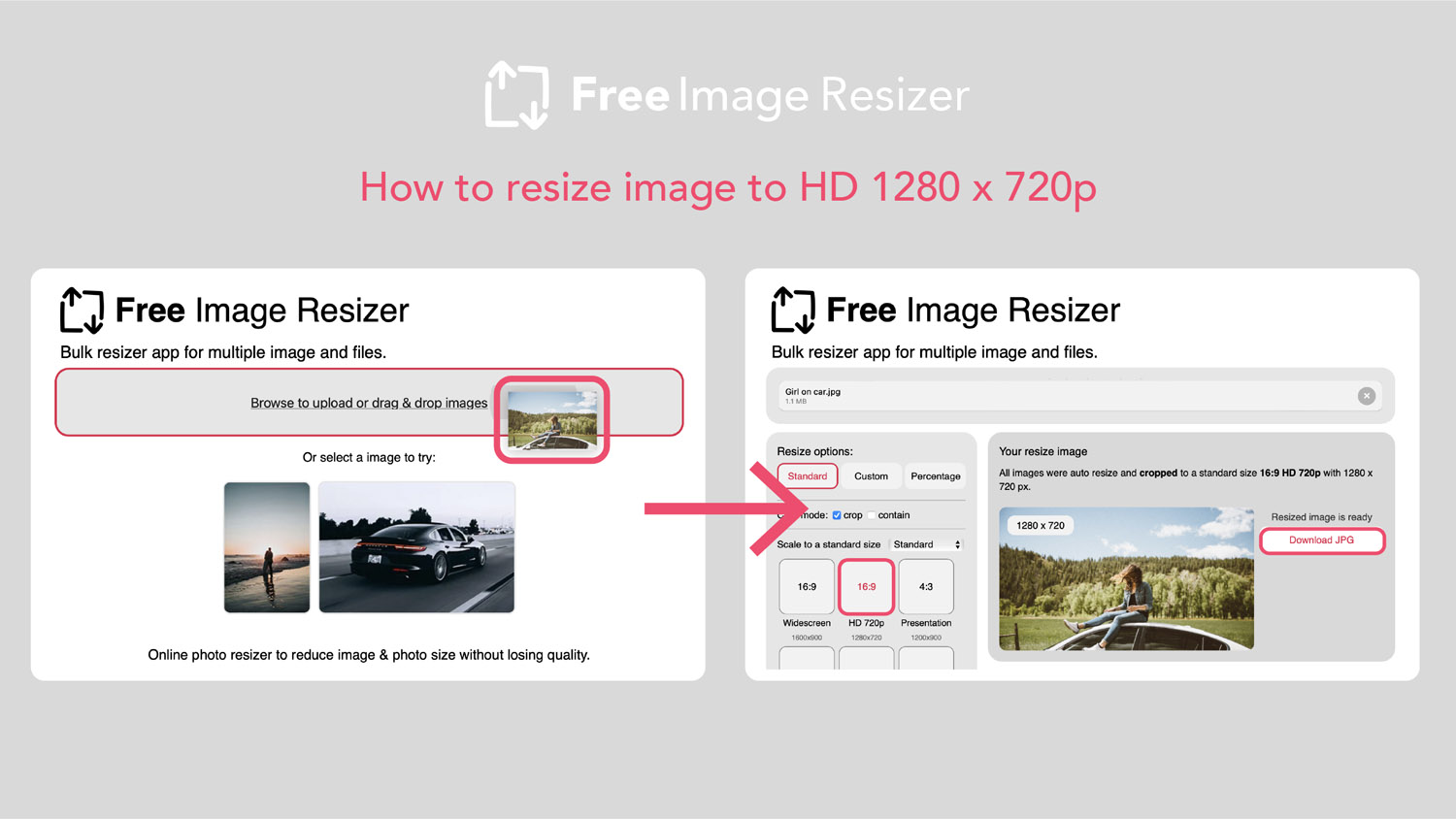
In today’s fast-paced business landscape, organizations across regulated industries face the constant challenge of maintaining compliance while driving operational efficiency. As regulations become increasingly complex and the stakes for non-compliance rise, companies must adopt robust strategies to navigate the intricate web of requirements. This is where compliance management software comes into play, serving as a crucial ally in streamlining processes and ensuring adherence to quality standards.
One key player in this realm is Assurx, which offers comprehensive Quality Management and Regulatory Compliance Management Software tailored for regulated industries. With its innovative solutions, Assurx empowers organizations to not only meet compliance requirements but also enhance overall quality management practices. By harnessing the capabilities of such software, businesses can unlock the potential for greater efficiency, reduced risk, and ultimately, a pathway to sustained success.
The Importance of Compliance in Regulated Industries
Compliance is critical in regulated industries as it helps organizations adhere to laws, regulations, and standards that govern their operations. For companies in sectors such as healthcare, pharmaceuticals, and finance, maintaining compliance is not merely a legal obligation but a foundational aspect of their business integrity. Failing to comply can lead to severe consequences, including hefty fines, legal repercussions, and damage to a company’s reputation.
The dynamic nature of regulations means that organizations must remain vigilant and responsive to changes in compliance requirements. Regulatory bodies continuously update their standards to protect public safety and promote fair practices. This makes it essential for organizations to have robust compliance management strategies in place to effectively monitor and adjust to these changes. A proactive approach to compliance allows businesses to mitigate risks and enhance their overall operational efficiency.
Moreover, compliance management software plays a significant role in streamlining processes and ensuring accountability throughout an organization. By automating compliance tracking, reporting, and audits, companies can reduce the likelihood of human error and create a more transparent compliance framework. This not only improves adherence to regulations but also fosters a culture of compliance within the organization, where employees understand the importance of their roles in maintaining regulatory standards.
Features of Assurx Compliance Management Software
Assurx Compliance Management Software offers a comprehensive suite of tools designed to meet the unique needs of regulated industries. One of the standout features is its robust quality management capabilities, which enable organizations to streamline processes related to document control, training management, and audit management. This integrated approach ensures that all compliance-related activities are managed in a cohesive manner, reducing the risk of oversight and improving overall efficiency.
Another key feature is the software’s real-time reporting and analytics. Users can easily generate reports that provide insights into compliance status and performance metrics. This functionality empowers organizations to identify potential issues before they escalate, enhancing proactive decision-making. Additionally, the software supports customizable dashboards that cater to the specific needs of different stakeholders, making compliance visibility accessible across the organization.
Finally, Assurx prioritizes user experience with its intuitive interface and extensive support resources. This ensures that teams can quickly adapt to the system, minimizing downtime during implementation. Furthermore, the software provides automated workflows that help simplify compliance procedures, allowing users to focus on core business functions while maintaining regulatory adherence. By combining ease of use with powerful compliance tools, Assurx enables organizations to achieve and sustain high standards of compliance effortlessly.
ISO Management Software
Benefits of Streamlining Quality Management Processes
Streamlining quality management processes significantly enhances efficiency within an organization. By integrating compliance management software, companies can automate various tasks that were traditionally manual. This reduction in manual effort not only saves time but also minimizes human error, resulting in more accurate data collection and reporting. As a result, organizations can focus on strategic initiatives rather than getting bogged down by repetitive administrative work.
Another key benefit is improved visibility and transparency across compliance activities. Compliance management software allows for real-time monitoring and tracking of quality management processes. This level of oversight enables organizations to identify potential issues more quickly, facilitating proactive decision-making. With assured visibility into compliance metrics, businesses can ensure that they are meeting industry regulations and standards, reducing the risk of non-compliance penalties and fostering a culture of accountability.
Finally, streamlining these processes supports continuous improvement within organizations. By leveraging the data generated through compliance management software, businesses can analyze performance trends and identify areas for enhancement. This data-driven approach enables teams to implement best practices more effectively, ultimately leading to higher quality products and services. Consistent monitoring and assessment connect compliance efforts directly to organizational objectives, fostering an environment of ongoing development and excellence.
Case Studies: Success Stories with Assurx
One prominent success story comes from a leading pharmaceutical company that faced significant challenges in managing its compliance processes across multiple departments. With the implementation of Assurx’s Quality Management and Regulatory Compliance Management Software, the company was able to streamline its workflows and reduce compliance-related errors by over 30 percent within the first year. The centralized system allowed teams to access real-time data and collaborate more effectively, ensuring that all compliance requirements were met consistently.
In another example, a medical device manufacturer struggled with regulatory audits and documentation management. After adopting Assurx’s software, they experienced a transformation in their audit preparation processes. The software provided an organized framework for managing compliance documents and tracking changes, which resulted in a 50 percent reduction in the time spent on audit preparation. Consequently, the company reported a smoother audit experience, leading to increased confidence from regulatory bodies.
Finally, a biotech firm faced difficulties in training and maintaining employee compliance records. By leveraging the training management features of Assurx, the organization was able to automate training tracking and notifications, ensuring that all staff completed necessary compliance training on time. As a result, the company saw a marked improvement in compliance training completion rates, elevating their overall compliance culture and promoting accountability throughout the organization.